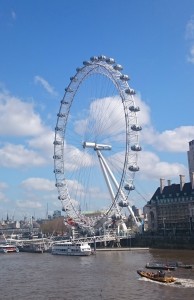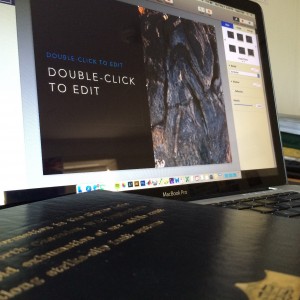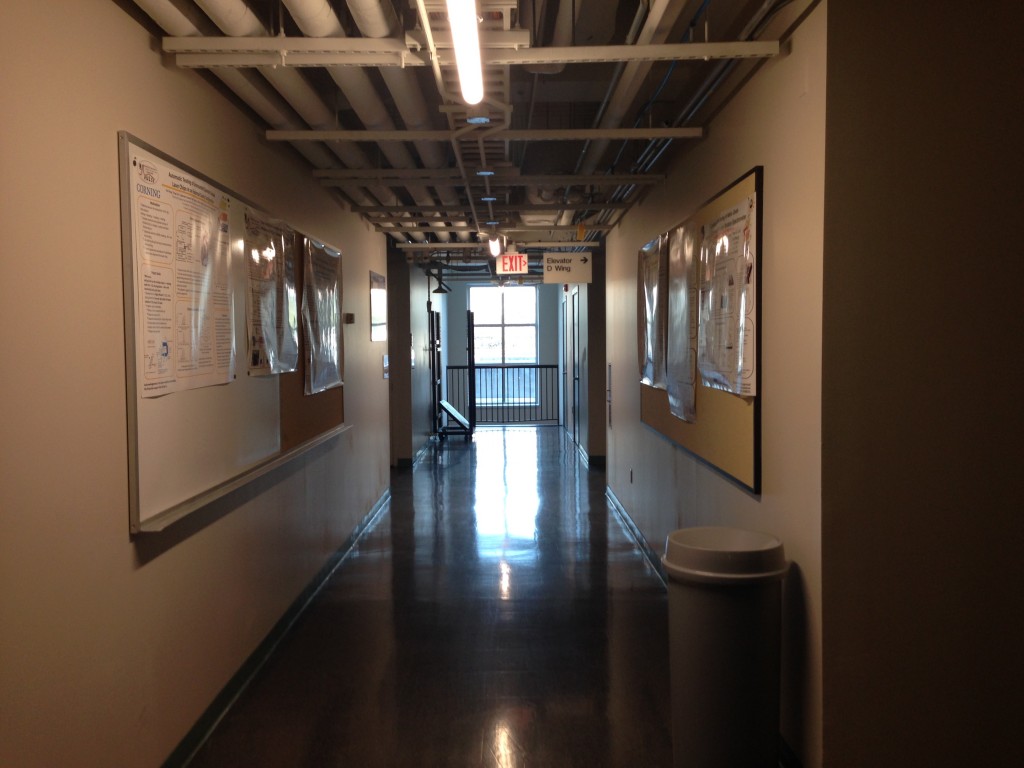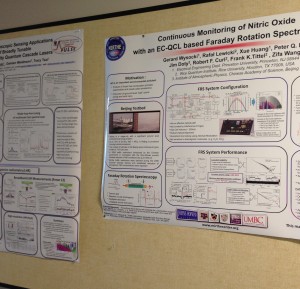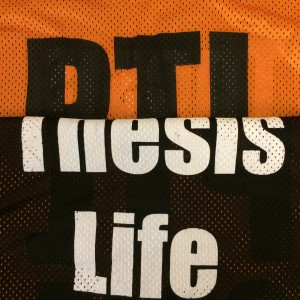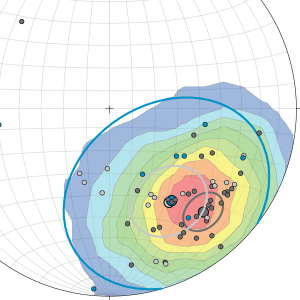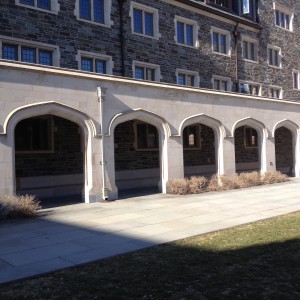I recently met a professor who said he finds Princeton especially interesting this time of year because, all of a sudden, people are constantly “constructing things” across campus. Teams of facilities workers string cables from buildings. They drive fences into the ground. They erect massive tents and lay dance floors and stages underneath.
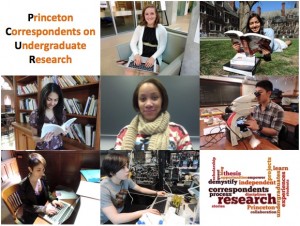
Yes, Reunions and Graduation are a few short days away. Strangely, it seems that while students are winding down—finishing exams, heading off to summer programs or perhaps beach trips for “dead week”—the university undertakes elaborate, if temporary, projects in preparation for the pomp and circumstance of late May and early June.
With the start of summer, there will be a respite in our blogging work at PCUR. But before we “sign off,” it’s worth taking a glance back at correspondents’ contributions. This year, the blog’s first, our team of students has shared experiences and insights of both depth and breadth. They offered tips on making your way through the writing process and enumerated the dos and don’ts for drafting funding proposals or completing IRB applications. They interviewed students about senior thesis projects. They proposed creative strategies for choosing a major or getting started on a new project. We even got the chance to hear from a correspondent during her semester abroad about how to continue developing research skills at a new institution. Continue reading Looking Back and Looking Ahead


